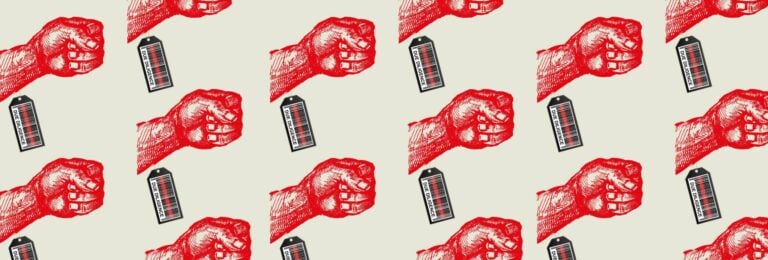Bad working conditions at Bono’s label RED
The new SOMO-report ‘Footloose Investors’ shows that the working conditions in the production of Bono’s RED clothing leaves a lot to be desired.
The English brand GAP is producing the clothing. RED uses part of the profits to combat AIDS in Africa. The money that RED donates to the Global Fund to Fight AIDS, Tuberculosis and Malaria is currently partially being earned by keeping the wages of the workers low.
Low wages are one of the biggest problems in the clothing industry. The factory in Lesotho that produces RED clothing is no exception to this. The wages paid are at the legal minimum or just above it, so that the workers have difficulty making ends meet. They feel forced to request an advance on their redundancy money, which has to serve as a pension when they leave the factory. One worker stated in the report that "I had to borrow money to be able to pay my child’s school. Our salaries are so low, we could not solve our problems."
Problems such as long-term forced working of overtime, underpayment and the violent prevention of unionisation occur in the clothing industry throughout the world on a large-scale. The circumstances under which the clothing is made for RED do not essentially differ from those for the other products which GAP sells. GAP’s policy on working conditions is otherwise relatively progressive. For example, GAP is a member of the Ethical Trading Initiative (ETI), and a programme of factory inspections has been set up. This has not led to an actual improvement of the working conditions, however. The GAP products can therefore not be categorised as ethically responsible.
According to SOMO researcher Esther de Haan, "You should be able to expect that Bono’s label would give an example of how this could be done in a better way. But due to the fact that RED pays workers so badly, the fight against AIDS is also creating poverty. This cannot be a model for a sustainable solution. Because ultimately, Africa is again presented with the bill."
RED does not claim to be bringing ethically responsible products on the market, but calls itself a ‘business model’. According to RED, $45.5 million has been contributed Global Fund to fight AIDS, Tuberculosis and Malaria to date.
Related news
-
 The hidden human costs linked to global supply chains in ChinaPosted in category:News
The hidden human costs linked to global supply chains in ChinaPosted in category:News Joshua RosenzweigPublished on:
Joshua RosenzweigPublished on: -
 Major brands sourcing from China lack public policies on responsible exitPosted in category:News
Major brands sourcing from China lack public policies on responsible exitPosted in category:News Joshua RosenzweigPublished on:
Joshua RosenzweigPublished on: -
Linking labour issues in China to global brands Published on:Posted in category:Publication


